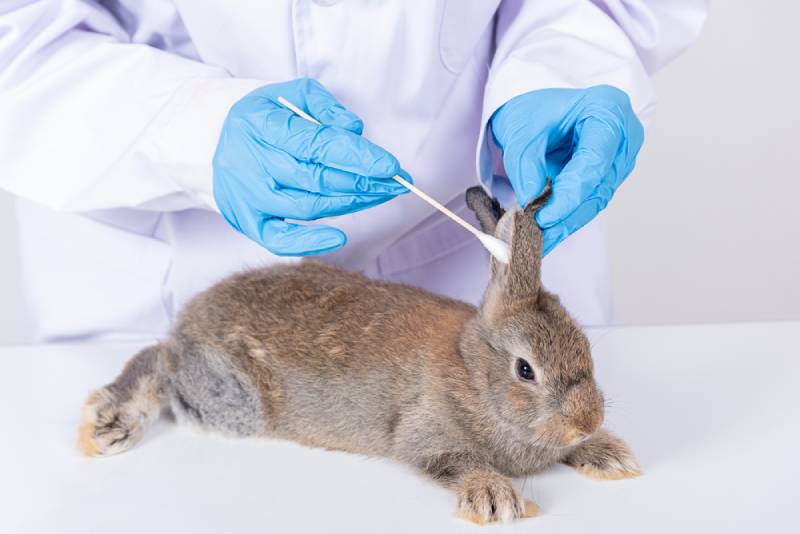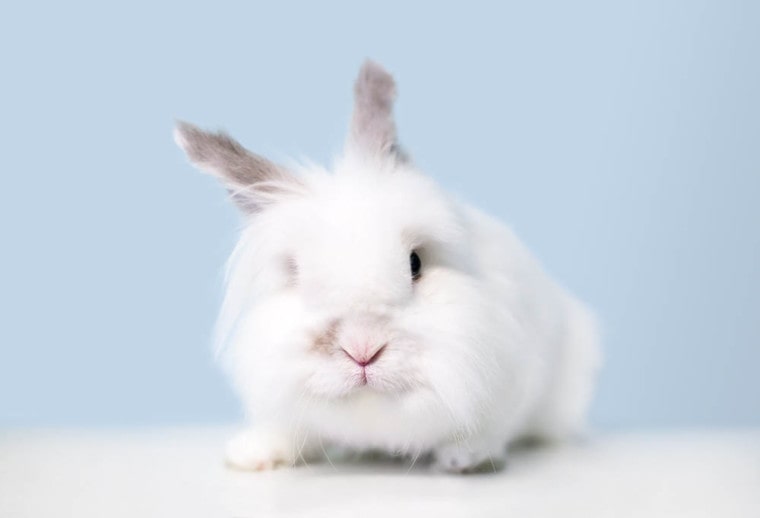
Buying a new pet is a commitment that you have to consider from various angles. Rabbits are no exception, and caring for one goes beyond knowing what food they can eat and where to house them.
If you’re new to owning rabbits, pedigree or otherwise, the breeder you buy from should be able to help you. It’s always a good idea to ask them plenty of questions, especially when you visit a new breeder. Establishing what they know will help you determine whether they’re reputable and know what they’re doing.
 The 10 Questions to Ask Your Breeder Before Buying a Rabbit
The 10 Questions to Ask Your Breeder Before Buying a Rabbit
1. What breed is the rabbit?
This might seem like an obvious question, especially if you visit a breeder specializing in one breed. It’s always a good idea to double-check, though. Some non-reputable breeders will pass off look-alike rabbits as specific pedigree ones.
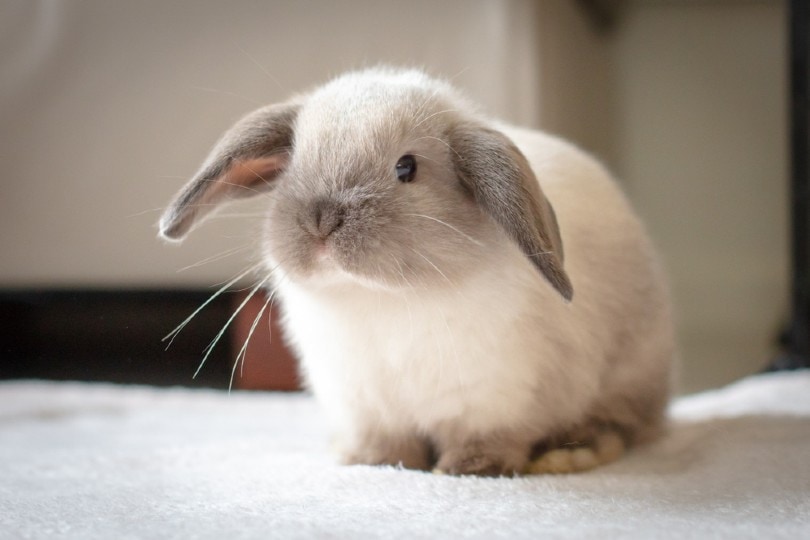
Depending on why you’re buying a rabbit, whether it’s for breeding, showing, or a family pet, asking about their socialization will tell you what to expect from your bunny. Some breeders don’t interact with their stock, and the rabbits will be timid and unsure around people and other animals as a result.
If you have children, other pets, or both, it’s important to make sure your new rabbit will be at ease around them. Not only will your newest family member be more comfortable around you, but they’ll also settle into their new home much faster.
3. Does the rabbit have a pedigree?
A family pet doesn’t necessarily need a pedigree or proof of lineage, especially if you have no plans to take your rabbit to competitions. However, if you do plan to take your rabbit to shows or even start your own in-home breeder business, you’ll need to prove that your rabbit comes from good stock.
Pedigree paperwork is an official way of claiming a certain bloodline. It proves that your rabbit comes from a long line of ancestors of the same breed. For shows and breeding registered pedigree rabbits, these papers are essential.
Make sure your breeder keeps the pedigree documentation for their stock. They should include the paperwork with the price of your new rabbit.
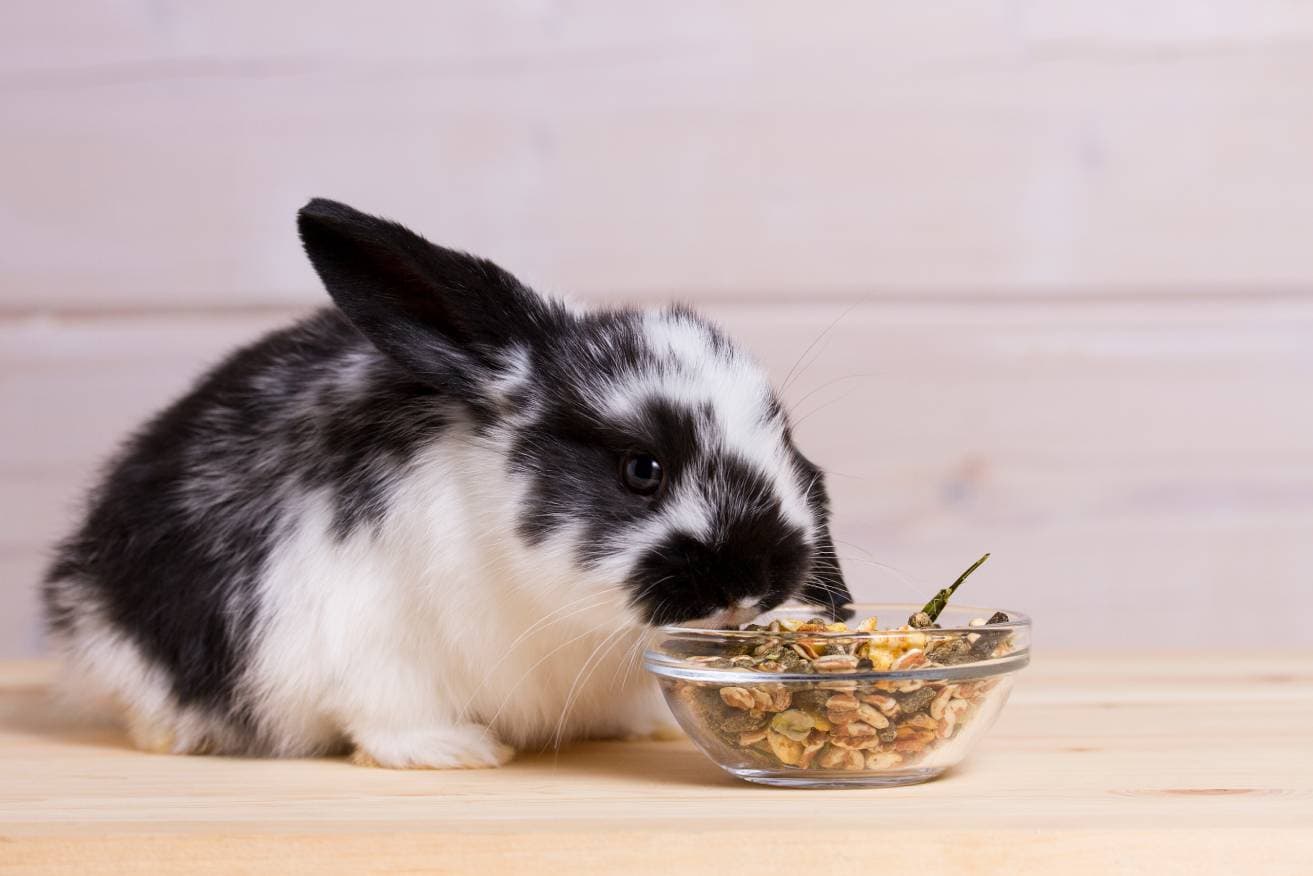
4. How much will the rabbit cost?
Pedigree animals are always more expensive than mixed breeds. They’re highly sought after and backed by official directories that hold breeds to a particular standard and ensure that bloodlines aren’t tampered with.
You should know how much your new rabbit will cost before visiting so you don’t get blindsided, but it’s always a good idea to double-check before agreeing to pay anything.
The cost of your rabbit will vary depending on age, breed, quality, and sex. Remember, reputable breeders include veterinary expenses, pedigree papers, and often a health guarantee in their asking price. Prices can range from anywhere between a few hundred to a few thousand dollars, and anything surprisingly cheap should give you pause.
5. How long have you been raising rabbits?
An inexperienced breeder doesn’t necessarily mean they’re not serious about their work. However, a more experienced breeder—with a history full of raising rabbits, if not breeding them—will be more familiar with the animal and the breed.
They’ll have a working knowledge of common issues of caring for rabbits. If it’s your first time looking after rabbits, an experienced breeder will give you advice on how best to take care of your newest family member.
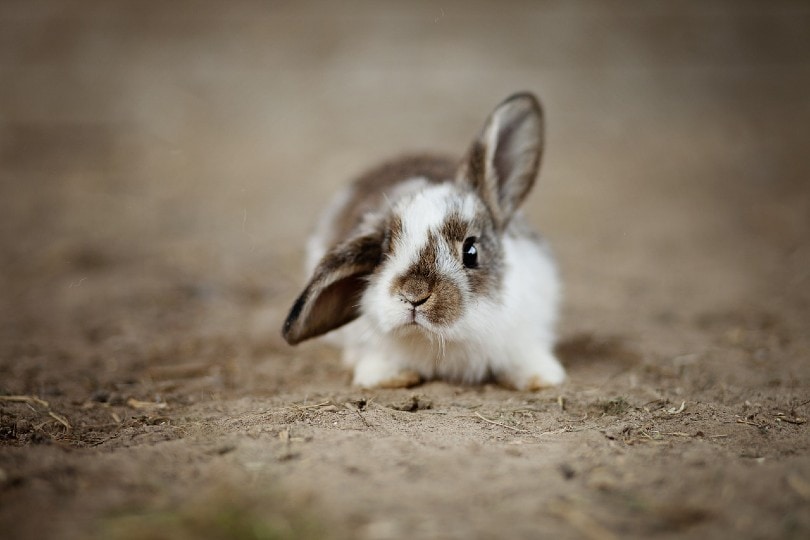
6. Can I meet the parents?
Most breeders, particularly ones run in-home, keep the parents on site. When you find a rabbit that you love, asking to see the parents will give you an idea of what to expect.
You’ll be able to tell how well they’re looked after by the breeder and get a vague sense of how big their offspring will grow and what their temperaments will be.
7. How big will the rabbit grow?
Seeing the parents won’t always give you the best idea of how big your rabbit will be. It ultimately comes down to genetics.
Asking the breeder, particularly one who’s been breeding rabbits for years, will give you more insight into your new pet’s ancestry. They’ll be able to give you a more accurate estimate of how large your rabbit will be.
This particular question is also important due to any space constrictions you have. If you accidentally buy a giant ball of fur instead of a dwarf rabbit for your one-bedroom apartment, you may find yourself struggling to fit them into your home.
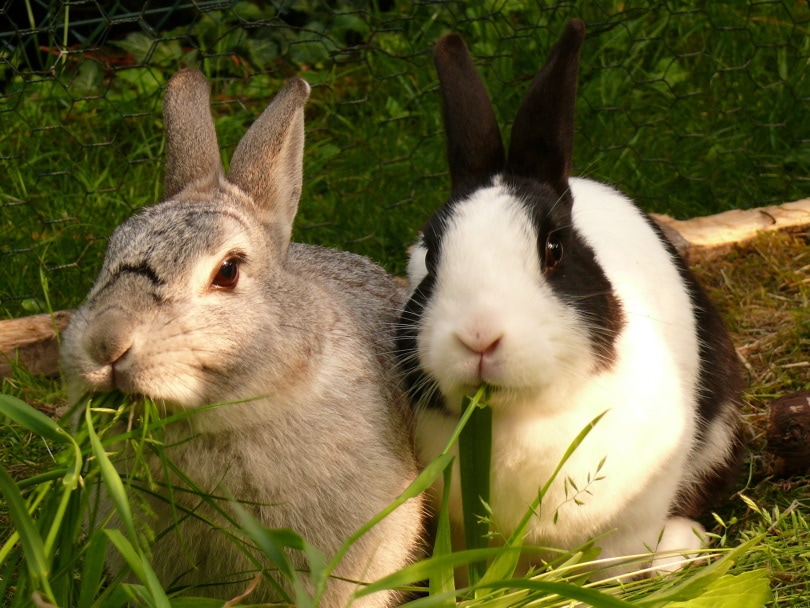
8. When is the rabbit’s birthday?
Instead of asking how old the rabbit is, which can lead to unsatisfactory and vague responses, try asking for the rabbit’s birthday. Good breeders keep detailed records of every part of the breeding process, including birth records.
9. Do the parents have any health issues?
All reputable breeders keep careful, up-to-date records of their animal’s veterinary checks. They also screen for common illnesses that the breeds that they work with can suffer from and don’t use stock that are positive for any of them. This helps ensure that the animals that you buy are healthy and will remain that way.
If you’ve found a rabbit that you’re interested in purchasing, ask to see the health records for their parents. The breeder will be happy to provide the documentation to prove that their stock is healthy.
10. What food do you use?
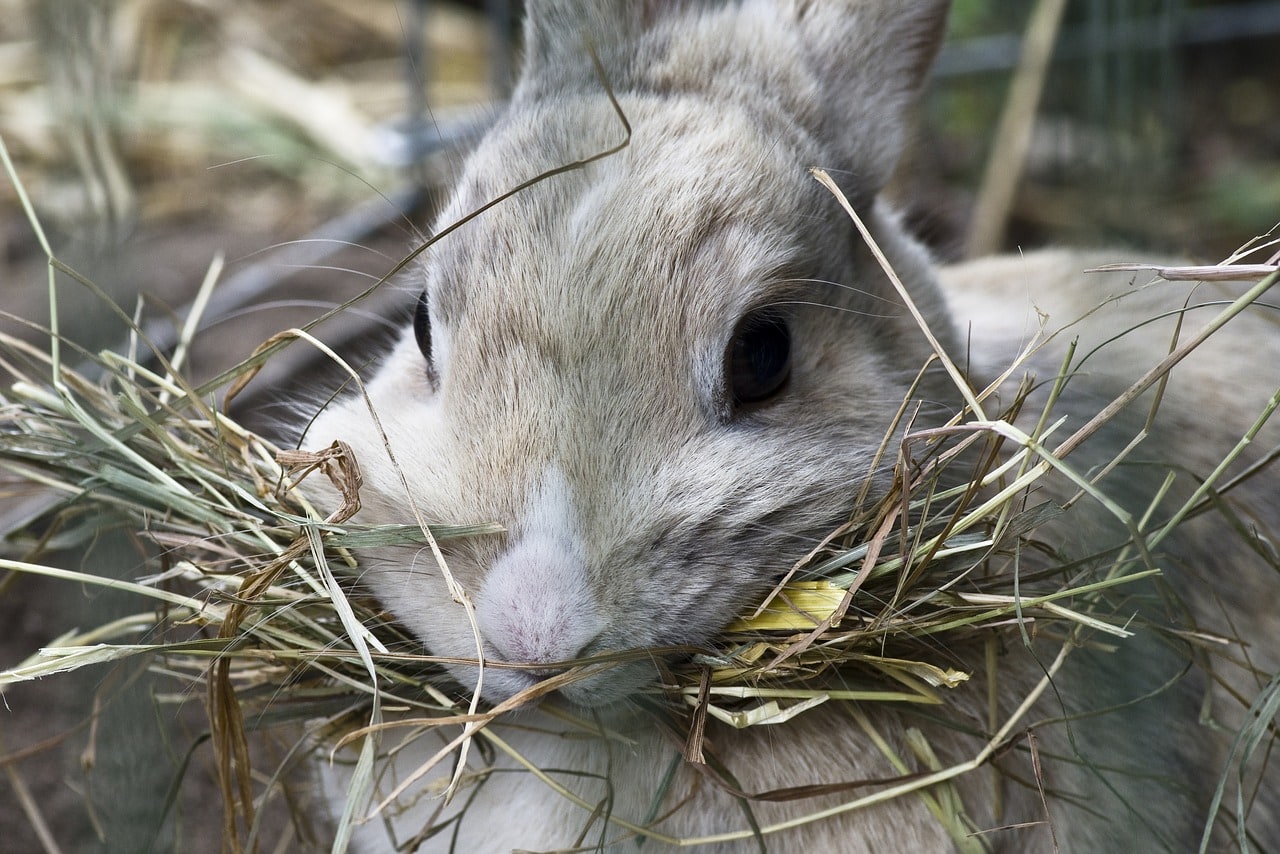
Asking what food the breeder uses serves two purposes. For new rabbit owners, it’ll give them an idea of what to feed their new pets. Breeders worth their weight in gold will only choose high-quality food that will give their rabbits the nutrients and minerals that they need, along with ensuring a balanced diet.
More experienced rabbit owners can use this question to find out if the rabbits in the breeder’s care are given proper meals. If a breeder turns out to be feeding low-quality food to their rabbits, it may cause long-lasting health issues down the line.
 Final Thoughts
Final Thoughts
The prospect of buying a new pet is as exciting as it is daunting. If you choose a breeder over a rescue or shelter, remember to make sure the rabbit or any other animal you’re interested in is healthy and well looked after.
Whether you’re a new rabbit owner or an experienced one, asking the right questions of your breeder will make sure your newest family member lives with you for a long time.
- You may also be interested in: Where to Buy a Rabbit: Overview of the Best Places
Featured Image Credit: Mary Swift, Shutterstock

 The 10 Questions to Ask Your Breeder Before Buying a Rabbit
The 10 Questions to Ask Your Breeder Before Buying a Rabbit


